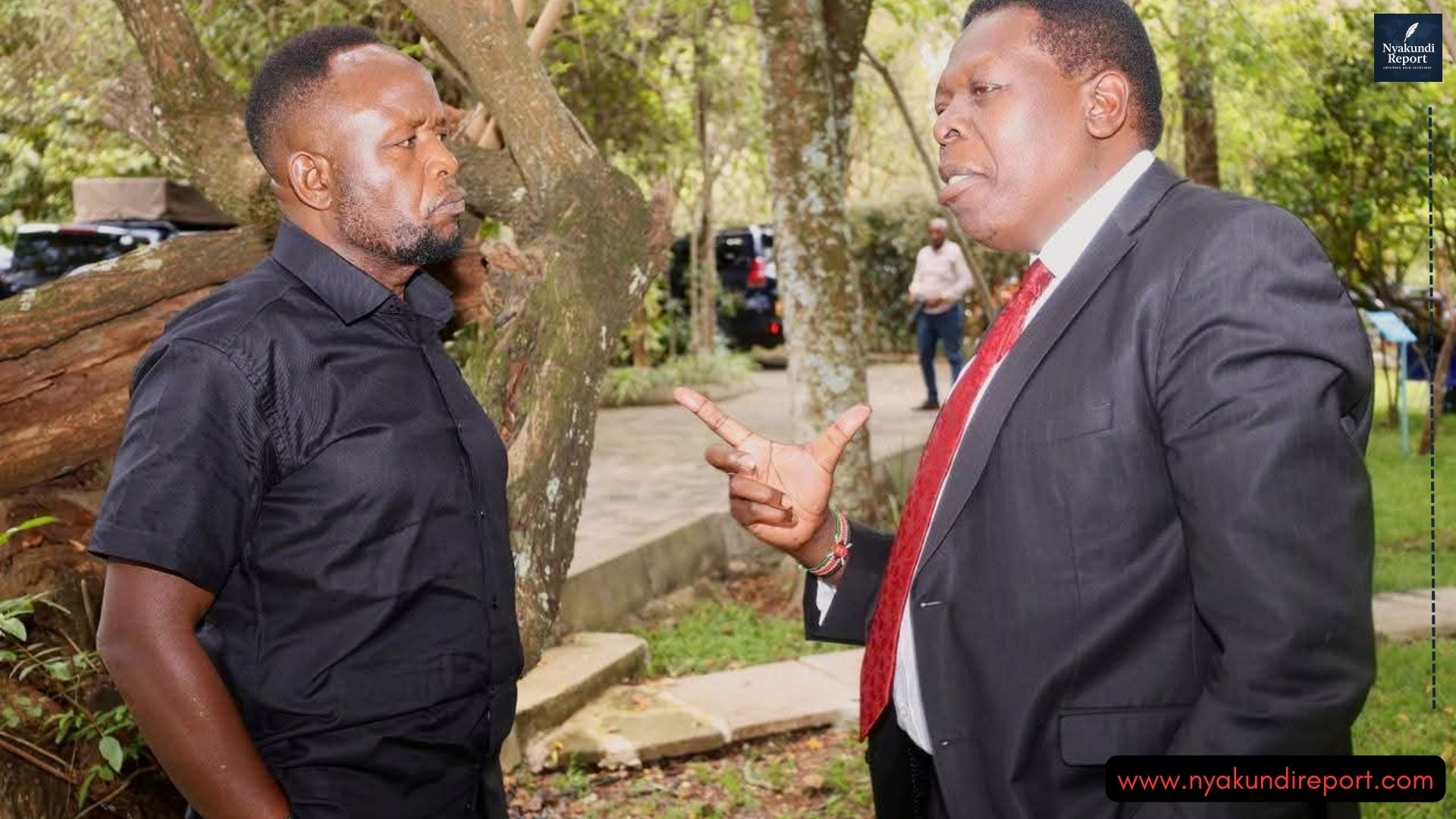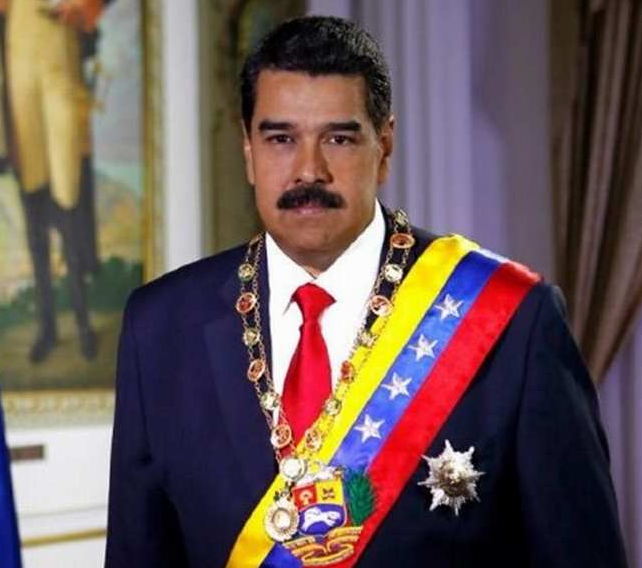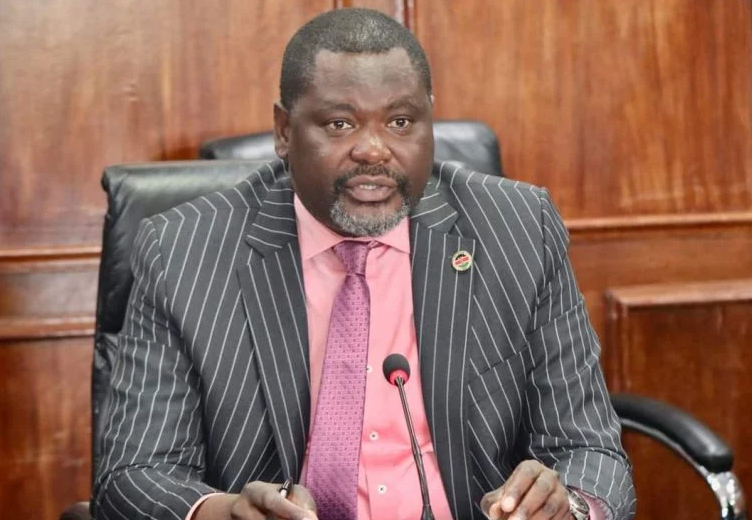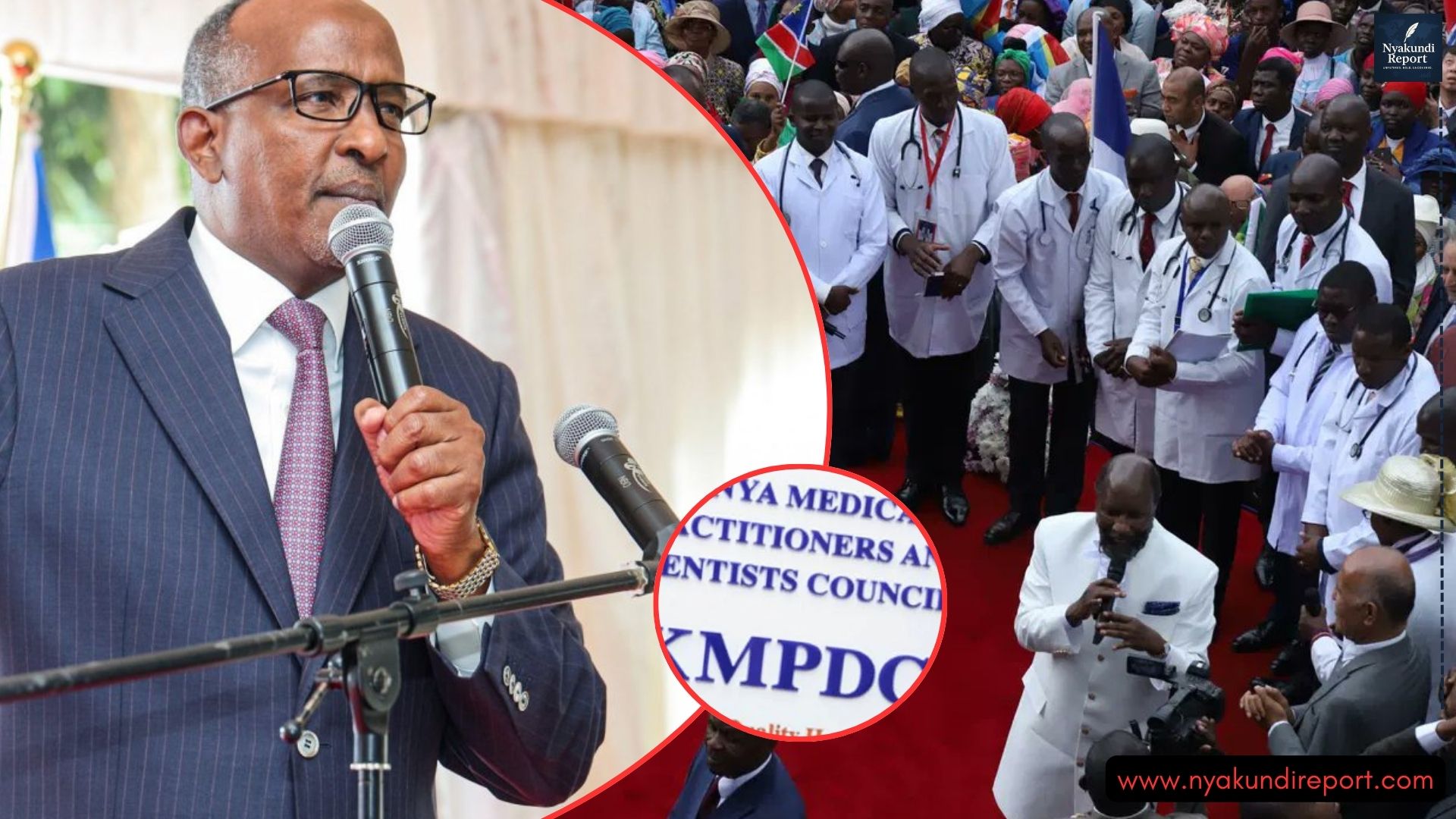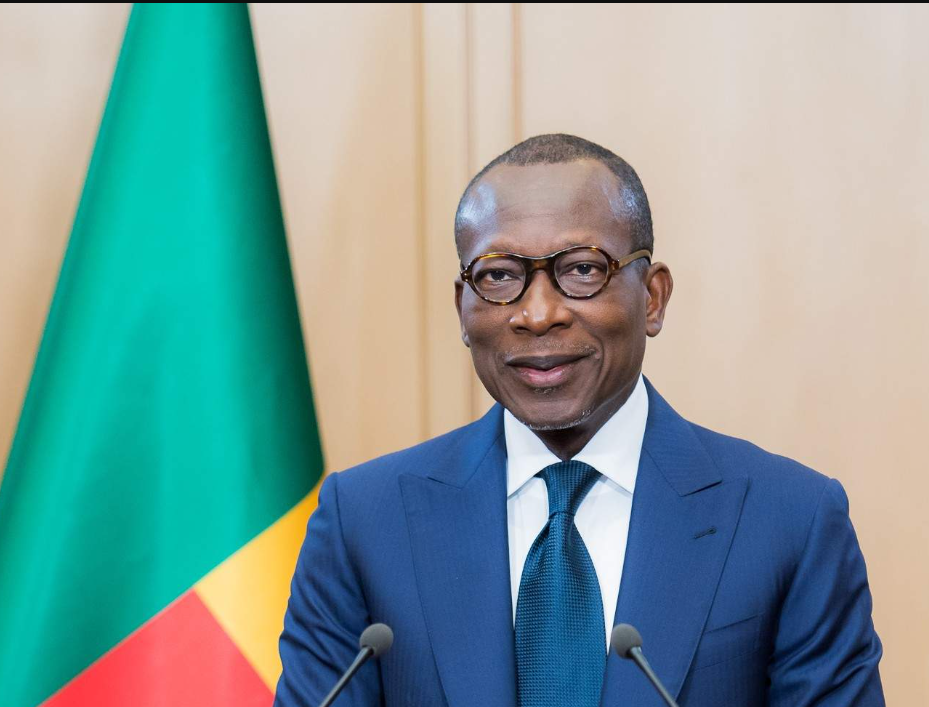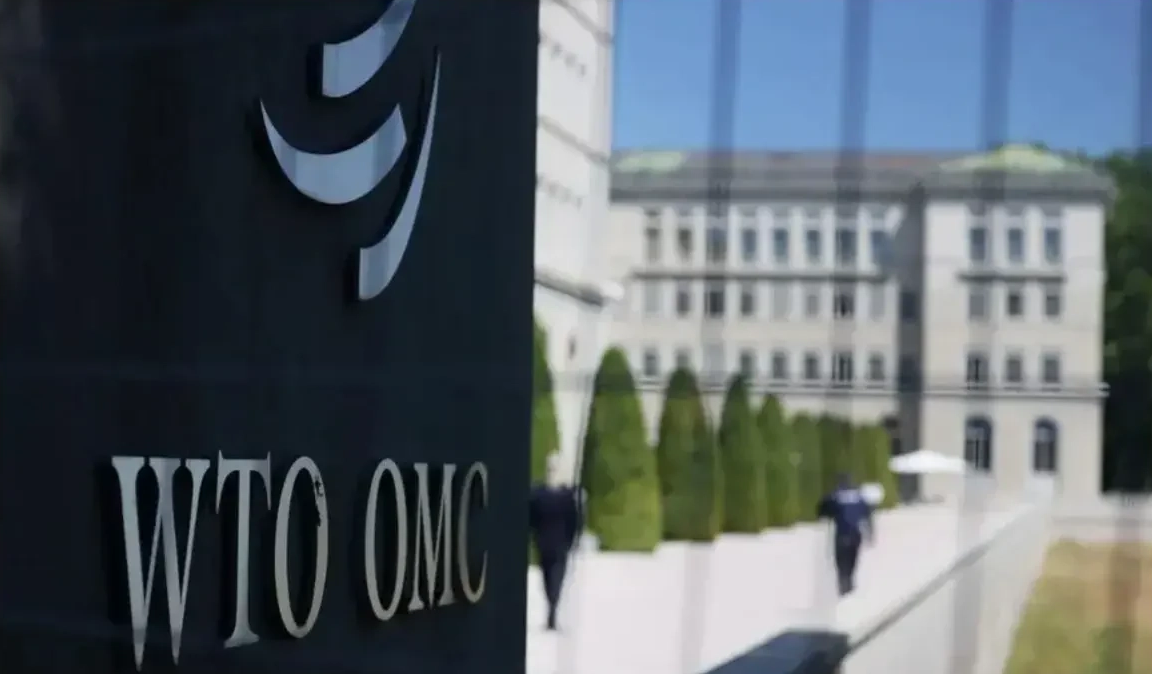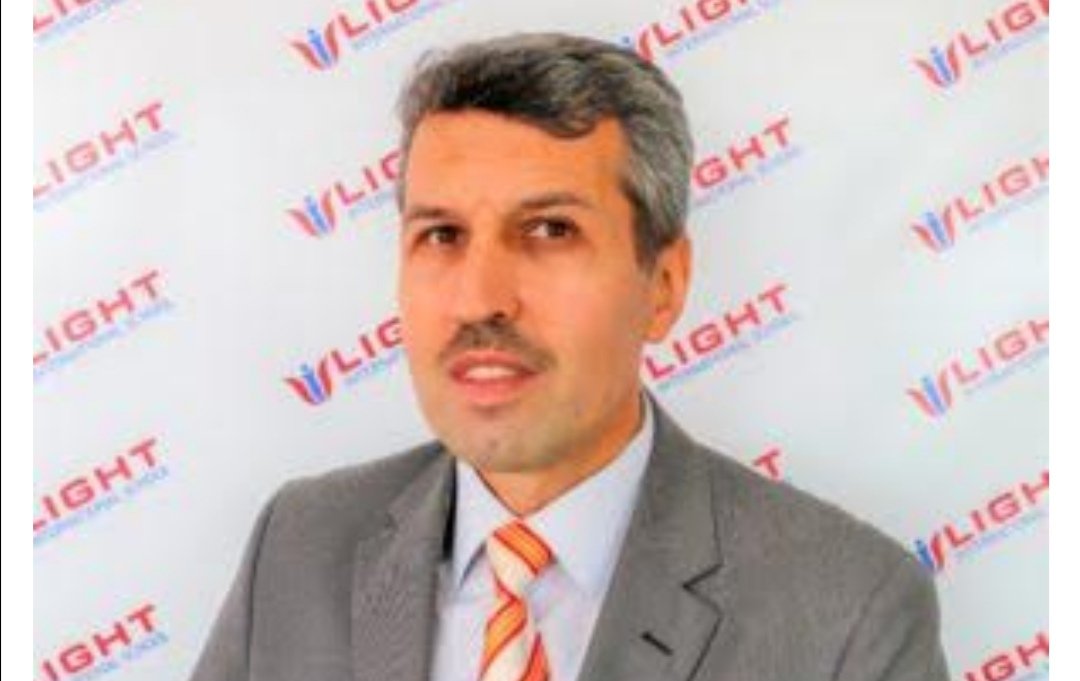Days after reports emerged that the Central Bank of Kenya (CBK) had entered talks with the Bank of England (BoE) to store part of Kenya’s gold reserves in London, a wave of concern has hit the public domain.
Critics say the move could undermine national sovereignty, expose Kenya to geopolitical risks, and raise transparency issues. The CBK insists the plan aims to diversify the country’s reserves, but legal and economic experts are now calling for the suspension of the talks pending public scrutiny.

Growing Resistance to Storing Kenya’s Gold in the UK
Lawyer Abdulhakim Dahir has taken a firm stance against the proposed gold storage deal. In an open letter to CBK Governor Kamau Thugge, he demanded the immediate suspension of the talks, citing at least five key concerns—transparency, cost implications, legal compliance, sovereignty, and the risks of weaponised finance.
Dahir argued that the CBK’s move to store Kenya’s gold in a foreign jurisdiction was not only premature but could also weaken the country’s control over its wealth. He urged the central bank to publish all details of the discussions with the Bank of England and subject them to national dialogue before any agreement is signed.
He also called for a comprehensive cost-benefit analysis, stressing that Kenyans must understand both the economic advantages and the potential risks. “This is not merely a financial transaction,” Dahir stated. “It is a matter of sovereignty and national security.”
Thugge, however, defended the plan, noting that Kenya had already held talks with the Bank of England to explore safe storage options for gold reserves. He explained that the discussions were part of CBK’s broader goal to diversify foreign holdings beyond the US dollar.
Dahir Warns of Economic and Political Vulnerability
Dahir’s strongest argument centers on the vulnerability Kenya may face if its gold reserves are stored abroad. He warned that in the event of international sanctions or geopolitical tensions, Kenya’s gold could be frozen or seized by foreign powers.
“Should Kenya ever find itself in a geopolitical dispute or subjected to sanctions, our gold could be frozen or confiscated, leaving the economy vulnerable with little legal recourse,” he said.
He further argued that storing Kenya’s gold in London would amount to surrendering control over a vital national asset. “This creates a dangerous dependency,” Dahir warned. “In a time of crisis or emergency, access to our own reserves could be restricted or delayed under foreign laws or directives from international alliances like NATO.”
Economists have echoed similar sentiments, pointing to past instances where countries such as Venezuela faced hurdles in repatriating gold held in foreign banks after diplomatic fallout.
CBK’s Position and the Global Gold Boom
Governor Thugge maintains that the decision to hold talks with the BoE is part of a strategic diversification plan, not an attempt to move away from the dollar. He noted that the CBK plans to acquire gold using part of Kenya’s $11 billion (Ksh1.4 trillion) in foreign reserves. However, he declined to disclose the exact amount that would be converted to gold or stored in the UK.
The global gold market has seen prices soar past $4,200 (Ksh542,640) per ounce, driven by fears of global recession, high debt levels, and anticipated US Federal Reserve rate cuts. Central banks worldwide, including those in emerging markets, have been increasing their gold holdings to shield against dollar volatility and inflation.
Thugge acknowledged that gold prices had more than doubled in the past two years, prompting Kenya’s interest in the commodity as a hedge against currency and market risks. But Dahir insists that such diversification must not come at the expense of sovereignty.
He urged CBK to develop a domestic gold reserve facility, arguing that Kenya has the technical and institutional capacity to build secure storage infrastructure locally. He further demanded that the draft storage agreement with the Bank of England be disclosed to Parliament and made public before any commitment is made.
What Lies Ahead for Kenya’s Gold Policy
The controversy over the CBK’s plan has opened up a larger conversation about how Kenya manages its national assets. Critics argue that storing gold abroad could set a dangerous precedent, while supporters claim it aligns Kenya with international best practices for reserve management.
The Bank of England, founded in 1694, is one of the world’s oldest central banks and acts as a custodian for several countries’ gold holdings. However, critics say Kenya should not automatically trust foreign institutions without safeguards ensuring access and control over its assets.
For now, all eyes are on the CBK and Governor Thugge. The public, economists, and lawmakers are waiting for the central bank to respond to Dahir’s demands and clarify whether the deal will go forward.
The debate has revealed deep divisions between those prioritizing economic security and those defending monetary sovereignty. As Kenya weighs its next move, one thing is clear—the fate of Kenya’s gold in the UK has become more than a financial issue. It is a test of transparency, patriotism, and national independence.




